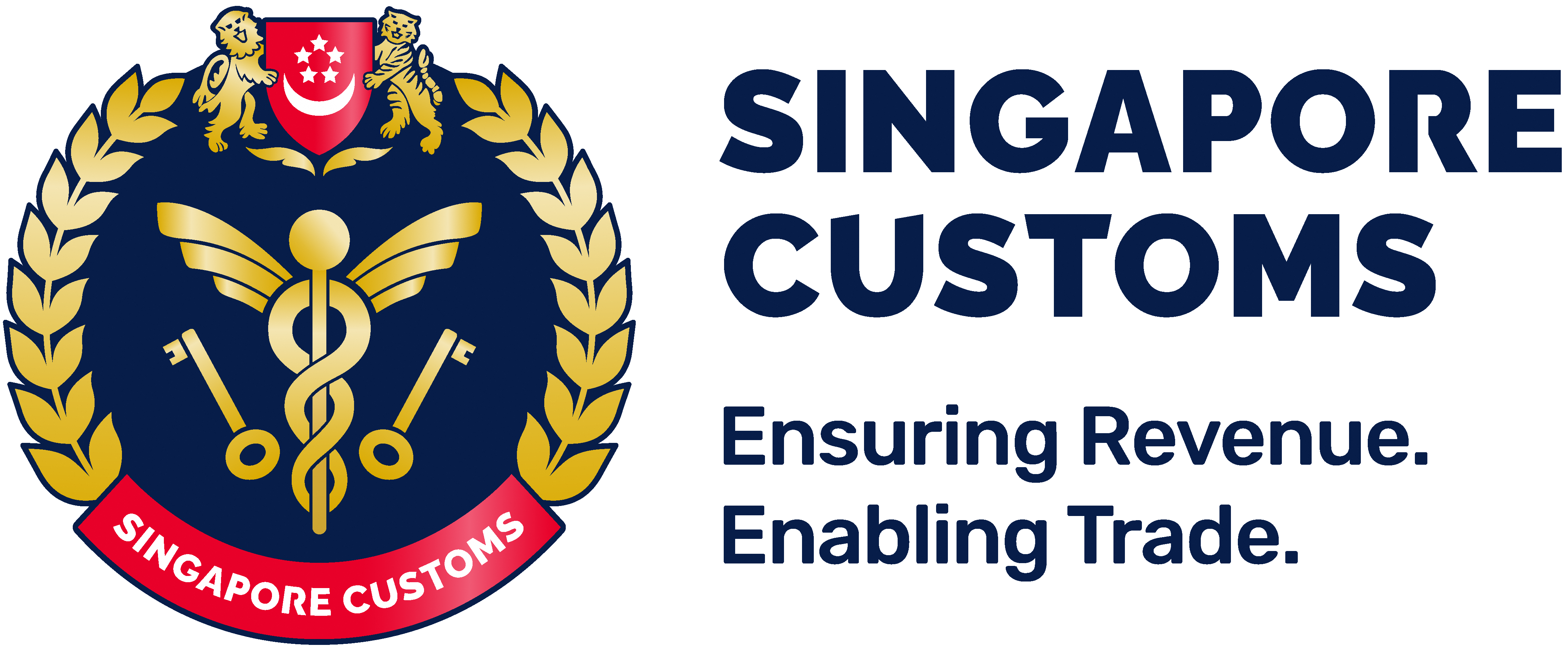Establishing Customs Value and Methods
Learn how Singapore Customs determines customs value of imported goods, including the transaction value method, required adjustments, and alternative valuation methods.
On this page
When Customs Value Is Used
Customs value is used to calculate:
Customs duty
Excise duty (for goods with ad valorem rates)
Goods and Services Tax (GST)
Some imports may:
Be exempted from duties under the Customs (Duties Exemption) Order or section 2(1A) of the Customs (Duties) Order
Transaction Value Method
The transaction value method is the primary method used to establish customs value. It is based on the Cost, Insurance and Freight (CIF) value^ under international commercial terms (Incoterms).
To calculate the customs value, you must include all charges incidental to the sale and delivery of the goods to Singapore. Examples of charges to include:
selling commissions
assists (materials provided by the importer)
packing costs
proceeds of resale accruing to the seller
royalties and licence fees
freight charges
insurance charges
Foreign Currency Conversion
If any cost is in a foreign currency, convert it to Singapore Dollars using the prevailing weekly average MAS exchange rates at the time customs duty or excise duty is paid.
Example 1: Import by a company
Company A imports two cartons of vitamins from Supplier B using Ex Works (EXW) incoterms^^.
Cost breakdown for CIF calculation under EXW (Ex Works) incoterms
Cost component | Amount |
Vitamins | S$1,000 |
Selling commission | S$100 |
Inland transport to port of export | S$150 |
Handling and documentation at port of export | S$200 |
Overseas freight | S$300 |
Insurance | S$50 |
Customs value: S$1,800
Example 2: Import by an individual
An individual buys a bag from an overseas seller. A local service provider (B) arranges collection, storage, packing, and shipping, charging a handling fee and overseas freight. No insurance is purchased.
Cost breakdown for CIF calculation for courier shipment without insurance
Cost component | Amount |
Cost of bag | S$400 |
Handling charges | S$20 |
Overseas freight | S$30 |
Insurance | Nil |
Customs value: S$450
All costs incidental to delivery to Singapore must be included for GST purposes.
Definitions of Common Incoterms
^Cost, Insurance and Freight (CIF) incoterms
Under CIF Incoterms:
The seller must:
Deliver the goods onto the vessel at the port of export
Clear the goods for export
Pay international freight
Purchase minimum insurance for the shipment (buyer may arrange extra coverage)
Once the goods are loaded onto the vessel, ownership and risk of loss of the goods are transferred to the buyer. Any claims for loss or damage during transport must be filed by the buyer.
After the goods arrive in Singapore, the buyer must:
Handle customs clearance
Bear all duties, taxes, and other costs
Ex Works (EXW)
Under EXW Incoterms:
The seller makes the goods available at their premises or another named location. Their obligations and risks are minimal.
Once the seller delivers the goods, ownership and risk of loss of the goods are transferred to the buyer.
The buyer is responsible for:
Collection and loading of goods
Export clearance
International transport
Insurance
Import clearance and duties in Singapore
The EXW price does not include:
Transport to port
Loading
Customs clearance at the country of export
Conditions for Using the Transaction Value Method
Singapore Customs will use this method only if all the following conditions are met:
There must be evidence of a sale
Examples of valid documents include:Commercial invoice
Sales contract
Purchase order
There must be no restriction on the buyer’s use of the goods
The sale is not subject to conditions that may distort the value
For example:The seller sets the price on condition that the buyer also purchases other goods
The price of semi-finished goods is set on condition that the buyer supplies a portion of the finished goods back to the seller
The relationship between the importer and supplier must not influence the transaction value
Other Valuation Methods
If the transaction value method cannot be used, the following alternatives will be used to determine the customs value:
Identical or similar goods value
Based on the transaction value of identical or similar goods sold for export to Singapore.Deductive value
Based on the selling price of the goods in Singapore, adjusted for costs incurred after importation.Computed value
Based onProduction cost
General expenses
Profit in the country of origin of the imported goods
Residual valuation
Based flexibly on the principles of other valuation methods.
